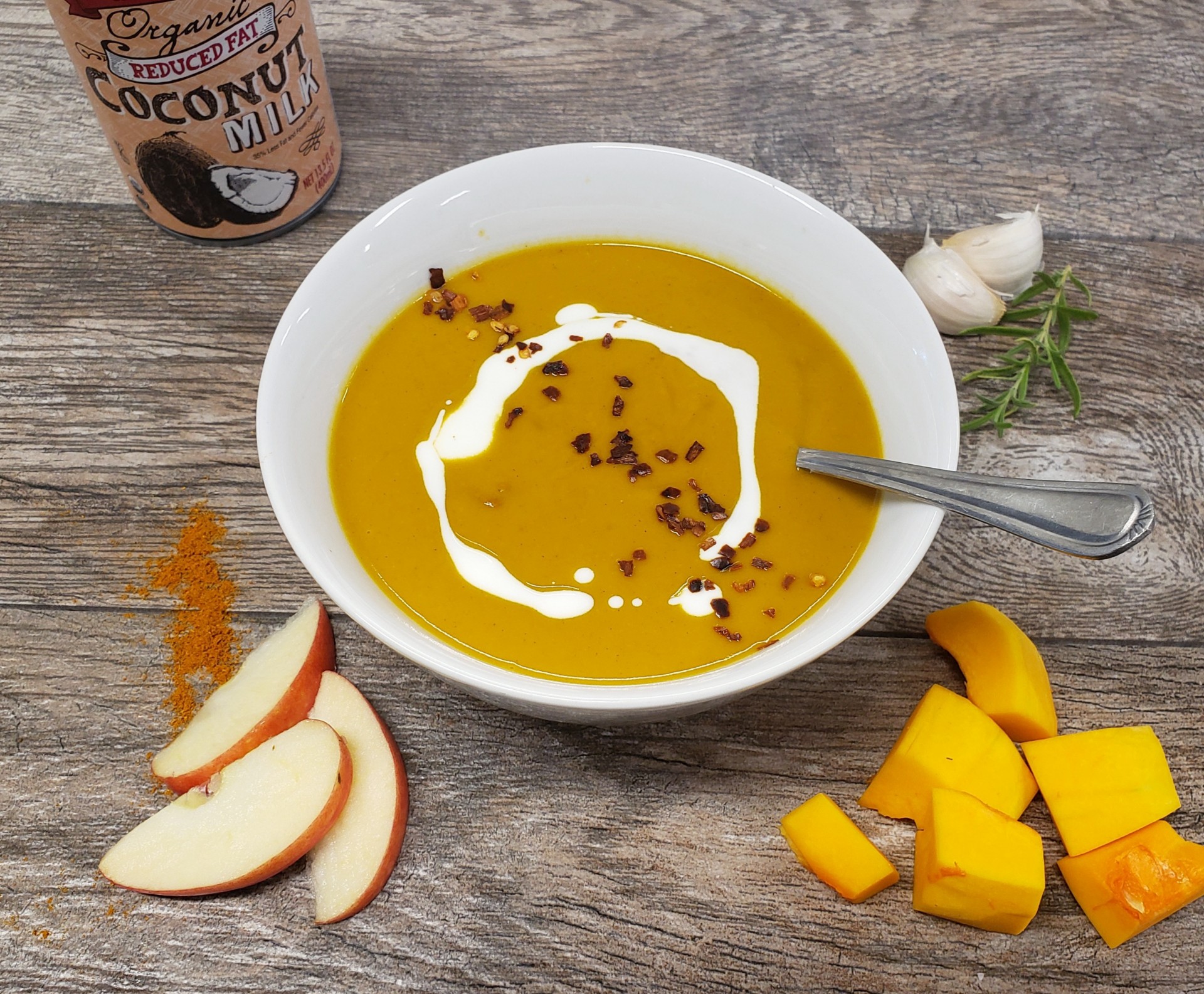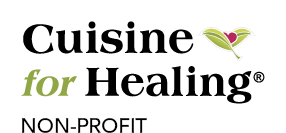
Everyday we gain access to more and more information on the gut microbiome, or the bacteria that live inside our digestive system. Usually when we think of bacteria, we think of unwanted pathogens that make us sick, but this is not the case when it comes to our gut microbiome–in fact, the opposite is true! Our bodies contain trillions more microbial cells than actual human cells and the bacteria found in a healthy gut actually prevents us from getting sick among many other things. In the digestive system alone, there are 300-500 different species of bacteria and over 100 trillion individual bacteria. These bacteria along with the others found throughout the body can aid in digestion, slow down the aging process, reduce inflammation, help us maintain a healthy weight, and more.
Now that we know how beneficial the gut microbiome is to our health, let’s talk about what we can do to maintain or improve our gut microbiome.
- Consume foods containing probiotics
The easiest and best way to encourage healthy bacteria growth in the gut is to include foods in your daily diet that contain probiotics. Probiotics are active bacteria that live inside of some foods. They are most commonly found in fermented foods and different types and brands of products can have different strains of bacteria, so it is important to consume a variation of probiotic-rich foods to promote a healthy microbiome. Yogurt, kombucha, kefir, kimchi, sauerkraut and cottage cheese are all examples of foods that contain probiotics.
- Consume foods containing prebiotics
Another great way to boost your gut microbiota is to incorporate prebiotics into your diet. When we eat prebiotics, they act as food for our gut microbiota and help the bacteria in our digestive system to flourish and multiply. When looking for prebiotic-rich foods, look for plant foods that are high in fiber as foods high in prebiotics also tend to be high in fiber. Oats, garlic, apples, asparagus, beans, whole grains, mushrooms, bananas and onions are examples of high prebiotic foods.
- Avoid antibiotics when possible
While antibiotics can be helpful when trying to fight off bacterial infections, they can sometimes do more harm than good. When we break down the word antibiotic, we get two parts, anti- and -biotic. The anti- prefix means against, and the -biotic suffix means living organisms, in this case bacteria. This tells us that antibiotics kill bacteria in our bodies, both the good and bad, meaning that even though we are getting rid of harmful bacteria when we take antibiotics, we are also ridding our bodies of all the other good bacteria as well. If you are taking antibiotics, be sure to discuss safe practices with your healthcare provider and consider speaking to a Registered Dietitian to discuss ways to replenish healthy gut bacteria.
- Spend time outside and with pets
Another way of maintaining or improving the gut microbiome is through exposure to other types of beneficial bacteria, and what better way to do that than by spending time with family pets or outside in nature. This is especially important for young children whose microbiomes are still developing, as studies have shown that children who grow up on farms where there is a higher diversity of bacteria have a lower risk of developing asthma and other diseases, as they have more biodiversity in their microbiomes.
- Consider taking a probiotic supplement
Finally, when trying to improve the gut microbiome, you may consider buying a daily probiotic supplement. There are many different brands of probiotic supplements on the market so it is important to look for options that have a high number of probiotic strains to promote biodiversity. It is also important to look for a probiotic that has a high number of CFUs, or Colony Forming Units, as research has found that at least one million CFUs are needed to survive digestion. Ultimately, it is important to talk to your health care provider when deciding on a probiotic supplement because they may be able to make recommendations based on your specific health needs.
Sources:
Guinane CM, Cotter PD. Role of the gut microbiota in health and chronic gastrointestinal disease: understanding a hidden metabolic organ. Therap Adv Gastroenterol. 2013;6(4):295-308. doi:10.1177/1756283X13482996
Fasano, Alessio, and Susie Flaherty. Gut Feelings: The Microbiome and Our Health,MIT Press,
- ProQuest Ebook Central https://ebookcentral.proquest.com/lib/tcu/reader.action?
docID=6486639&ppg=1
Viktoria Yonkova Marinova, Iliyana Kirilova Rasheva, Yoana Krasimirova Kizheva, Yordanka DimitrovaDermenzhieva & Petya Koitcheva Hristova (2019) Microbiological quality of probiotic dietary supplements,Biotechnology & Biotechnological Equipment, 33:1, 834-841, DOI: 10.1080/13102818.2019.1621208









